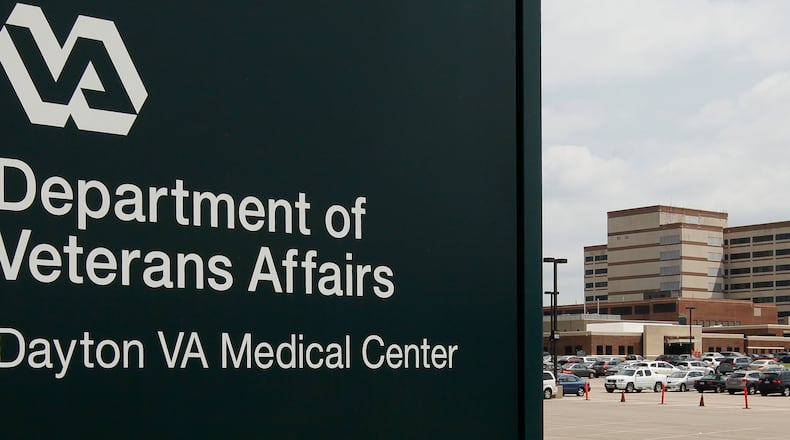“We’ve made progress in tackling this problem, but there’s still a long way to go and that’s why we’re setting these aggressive goals,” Bradsher said.
For fiscal 2024, VA funding for homeless programs is $3.1 billion, up by more than $400 million from 2023. Funding spans housing vouchers, rental assistance and other forms of support, the VA said.
The VA anticipates it will need $3.21 billion in 2025 for its homeless programs, according to projections in fiscal 2025 budget documents.
Homelessness has been a chronic problem for veterans for many years as service members return to civilian life with physical disabilities from injuries and mental health problems related to combat experiences, the VA said.
The VA has increased efforts in immediate housing placement for veterans in conjunction with services that include mental health counseling, job training and disability benefits.
“Housing is wonderful,” said Pamela Coleman, a 58-year-old Army veteran in Indianapolis who was pointed by VA to transitional housing when she was at risk of homelessness.
She was a sergeant who served as a military police officer in Germany. Her military service was from 1985-1991.
“With my journey, I was facing some difficulties while staying with a family member after I had to undergo surgery in 2019,” said Coleman, who is retired with service-connected disabilities.
The VA referred Coleman to Helping Veterans and Families of Indiana, a nonprofit group, that connected her with temporary housing and counseling and helped provide her with first month’s rent.
The organization also linked her to a veterans service officer who helped her apply for disability benefits, which she now uses to pay her rent.
Coleman was in transitional housing for nine months and said she relied on Helping Veterans and Families as she sought permanent housing she could afford.
She has turned to the organization since then, when she has faced unanticipated financial needs due to health and other problems, she said.
“I’ve been able to reach out to them at times to keep the rent paid when I needed extra assistance,” Coleman said. The organization also has a food pantry.
The VA said a major focus for awarding community grants in 2024 is on rapid rehousing services, such as the assistance provided to Coleman by Helping Veterans and Families.
The VA said its strategy is to fulfill housing needs quickly and then provide services for ensuring the veteran can keep the housing.
The VA assigns case managers for recently housed veterans to help address risk factors — including job loss, medical conditions and addiction problems — that could lead to a return to homelessness.
One of the VA’s measurements for homelessness is a yearly one-night census. The number of veterans experiencing homelessness rose by 7.4% in 2023 from the previous year, according to the VA.
In 2024, the VA is emphasizing its outreach to connect with thousands of unsheltered veterans living in vehicles, parks or on the street.
The VA “engaged” 40,000 unsheltered veterans in 2023 to inform them of housing, food assistance and other services, according to the agency.
Additional resources often are targeted for unsheltered veterans who are more likely to have a criminal justice history, medical or drug abuse problems, lack of social support from family members and greater financial hardship, the VA said.
About the Author
